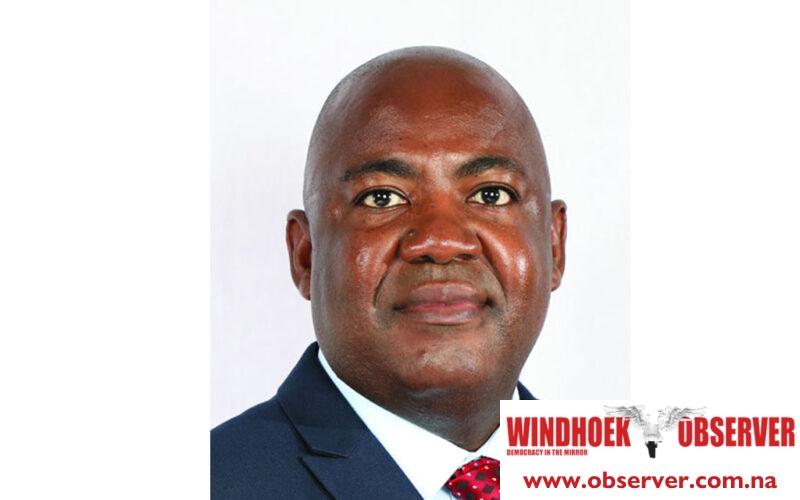Stefanus Nashama
The Office of the Prime Minister has noted a sharp increase in the number of households registered to benefit from the drought relief food programme.
According to I-Ben Nashandi, the executive director at the Office of the Prime Minister, the drought relief food programme, based on the vulnerability assessment, was originally intended for 172,252 households.
“The estimated number of households as per the vulnerability assessment was 172,252 households. But currently, registered beneficiaries’ households are over 331,009,” he said.
He stated that all 14 regions are entitled to benefit from the drought relief food programme.
Nashandi explained that the monthly food basket per household consists of one 20kg bag of maize or mahangu meal, one 750ml bottle of cooking oil, a tin of relish and four tins of either fish or soya mince.
He clarified that community members affected by the drought who are unable to access alternative food are targeted for food assistance.
“The drought relief food assistance is earmarked for drought-stricken members of communities who are unable to access alternative food as a result of drought. They are identified through a household income of less than N$3,100 per month; they must not be beneficiaries of any food assistance from other sources; and their livelihood must be drought-impacted,” Nashandi said.
Last Friday, police in the Oshikoto Region seized N$100,000 worth of drought relief food at a farm in the Guinas constituency.
According to the crime report, an intelligence-led search operation led to the discovery of food on farm Leeu Posh.
The incident involved civil servants who allegedly diverted aid for their own benefit and, in some cases, sold it.
A similar incident occurred a few months ago in the Ohangwena Region, where the disaster risk management unit lost more than N$600,000 intended for drought relief food. The incident has led to the arrest of seven employees.
In April, drought relief food worth approximately N$39,000, was reportedly stolen from a warehouse in the Kavango West Region.
The discussion about the distribution of drought relief food has become a daily topic, with the public expressing concerns that the food provided is insufficient to alleviate poverty.
Paulus Iitembu, a recipient of the drought relief program in the Oshana Region, urged the government to guarantee the fair distribution of food to the designated community members.
“Sometimes, those who distribute food replace those who were targeted by their friends and relatives. This is the same reason food is stolen; it is because there is no clear justification for making sure the food reaches the people,” he said.
Paulus also urged the government to revise the programme to provide at least more food, since poverty has become a major concern in the country




